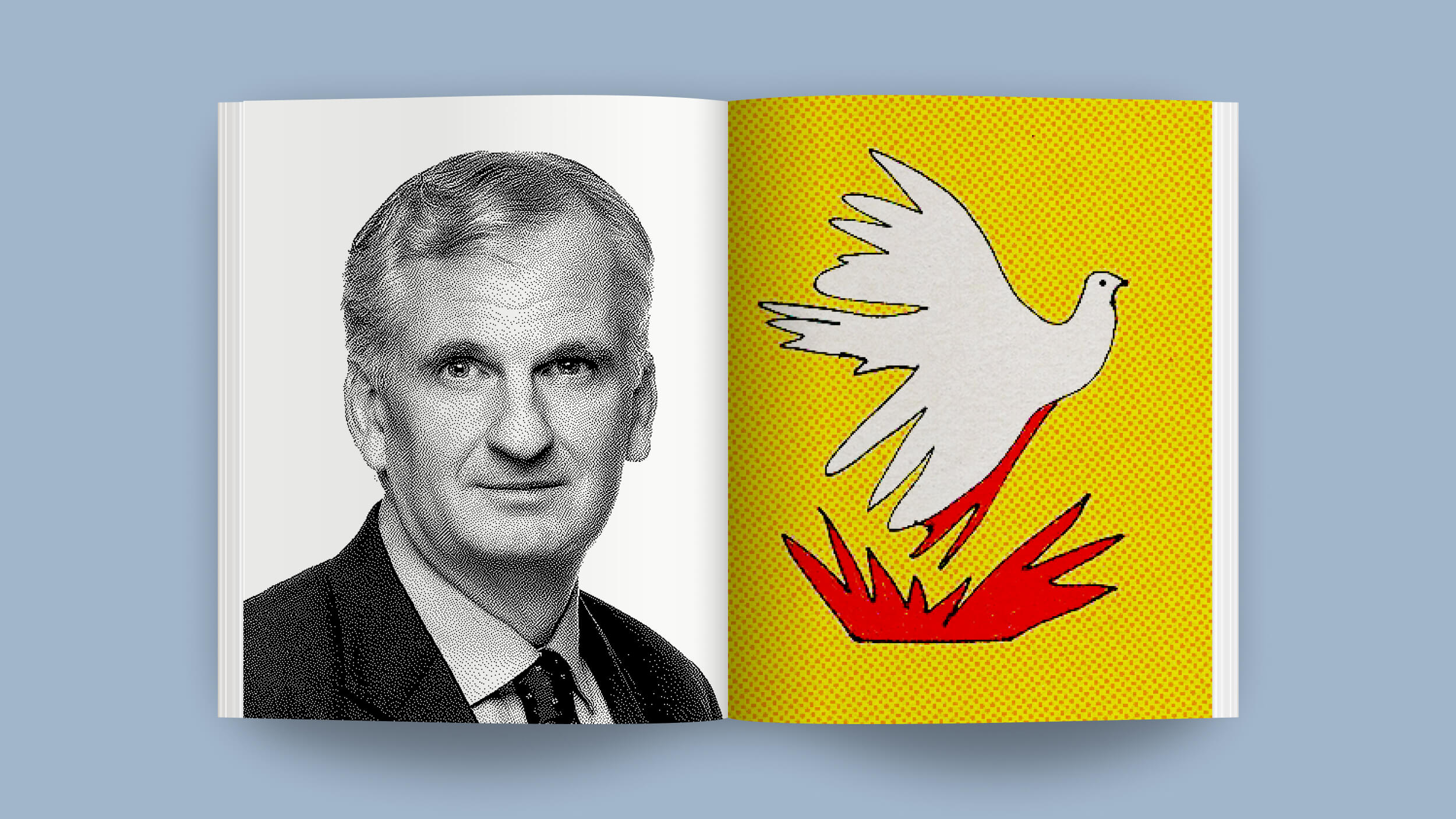Is Europe Responsible for Taming the Russian Bear?
Speaking today at the Munich Security Conference in Germany, Vice President Joe Biden told the world that the U.S. would no longer be a swaggering soloist throwing its muscle around the globe indescriminately. But what does that mean for a Russia policy?
Tensions have been strained between the U.S. and Russia ever since that brief war last year with Georgia and America made plans to put a missile shield in central Europe. “It’s time, to paraphrase President Obama, to press the reset button and to revisit the many areas where we can and should work together,” said Biden, noting that Russia’s resistence to let its neighbors join NATO would be a point of continued disagreement. “The United States and Russia can disagree and still work together where our interests coincide and they coincide in many places.”
In a recent editorial in the LA Times, Timothy Garton Ash, a senior fellow at Stanford’s Hoover Institution and professor of European studies at Oxford University, and the author, most recently, of “Free World,” warns of a newly recalcitrant Russia. “Russia has lost an empire and not yet found a role. As we approach the 20th anniversary of the fall of the Berlin Wall, we should pay tribute again to the fact that a nuclear-armed superpower surrendered its vast continental empire with scarcely a shot fired. Unfortunately, though not surprisingly, many Russians have been regretting that act of historic magnanimity ever since.”
Acknowleding that Russia is still responsible for its own future, Ash argues that Europeans must protect its vital interests—”these include not just secure energy supplies to European Union member states but secure international frontiers, respect for the sovereignty of even the smallest states and a commitment to the nonviolent resolution of disputes.”
There are two possible paths:
1. The country’s Social Democrat foreign minister, Frank-Walter Steinmeier, has continued the “realist” special relationship with Russia developed under former Chancellor Gerhard Schroeder. Their “Moscow first” approach has been underpinned by the corporate intertwining of the German and Russian energy giants, E.ON Ruhrgas and Gazprom.
2. The country’s Christian Democrat chancellor, Angela Merkel, a Russian speaker who grew up in East Germany, favors a more skeptical, nuanced approach, balancing short-term German national interests with European values and solidarity. German policy may now be shifting slightly her way, under the double impacts of the Georgian and gas crises.
What is the best foreign policy approach in regards to Russia? Send us your ideas. As professor Ash writes: “And let’s be clear: This is Europe’s business. Obama has too much else on his plate.”




